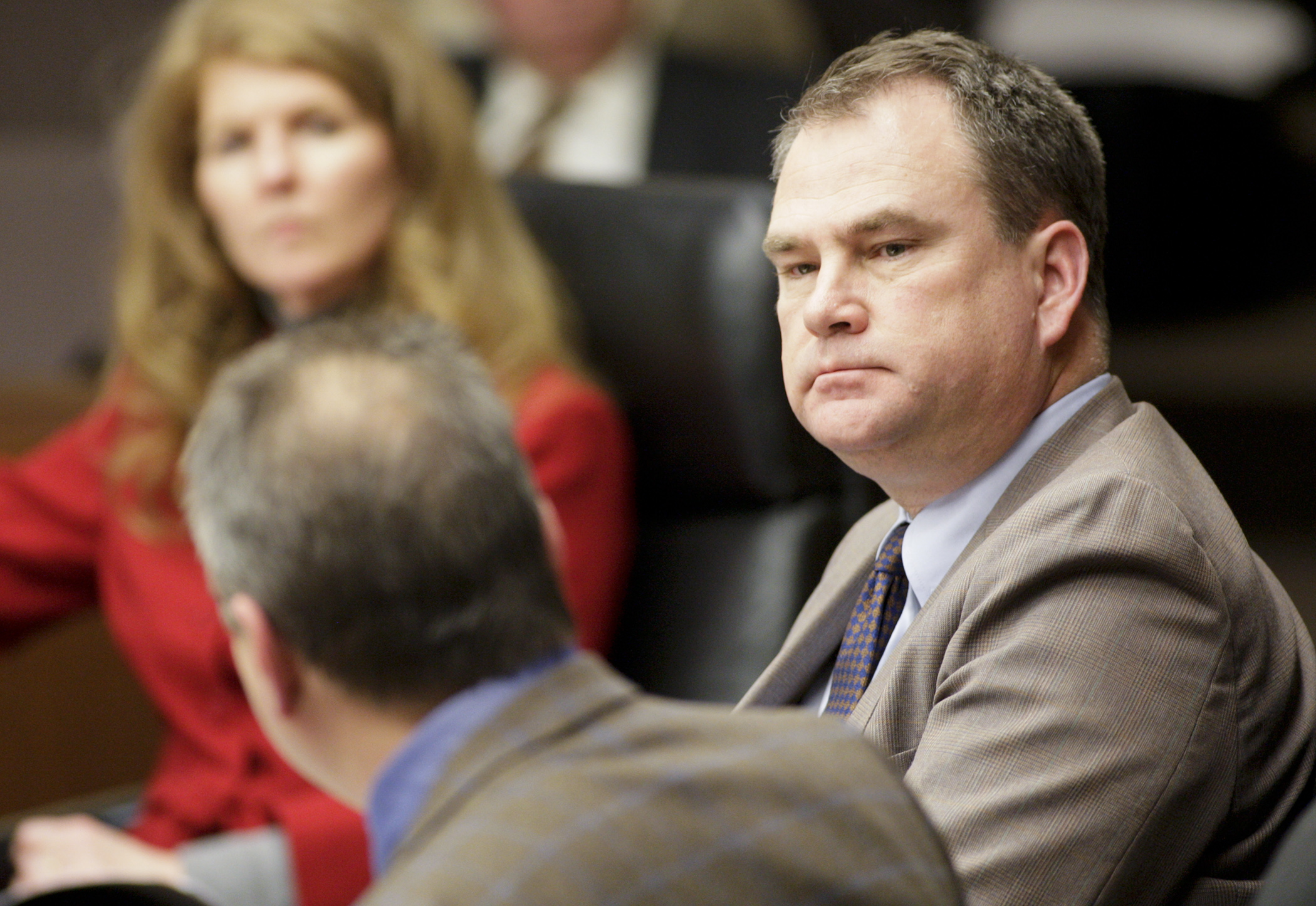Reinsurance bill gets off the ground

CORRECTION: The original post stated 5 percent of Minnesotans who buy insurance on their own make up 40 percent of the state’s medical bills. It is actually 2 percent.
REFILED JAN. 12, 2017: Minnesota could become one of the first states in the nation to launch a state-run health reinsurance program, under a bill sponsored by Rep. Joe Hoppe (R-Chaska).
HF5 would rely on the Minnesota Comprehensive Health Association and its board of directors to administer the plan. Republican lawmakers believe their proposal, dubbed the “Minnesota Premium Security Plan Act,” would ease the burden for Minnesotans most affected by insurance premium hikes by driving the costs to the individual insurance market, which would be absorbed in a reinsurance system.
Heard Wednesday by the House Commerce and Regulatory Reform Committee, no action was taken. There is no Senate companion.
Reinsurance usually covers the costs of patients who meet certain medical criteria and don’t buy into the individual market.
Representatives of the MCHA, the Workers’ Compensation Reinsurance Association and other groups explained reinsurance to the committee and explained why the government should turn to a nonprofit to oversee it.
“This is a significant proposal and a very, very important one,” said Jim Showalter, president and CEO of Minnesota Council of Health Plans.
He said that 2 percent of Minnesotans pay for 40 percent of the state’s medical bills.
MCHA Executive Director Peggy Zimmerman-Belbeck told committee members that her organization helps individuals with severe illnesses who are denied coverage in the marketplace. MCHA hasn’t received state funding since 2001, according to Zimmerman-Belbeck. It had twice received $15 million before then.
“We’ve been here for 40 years, and if there’s a position or place for us, we’d be happy to serve in that,” Zimmerman-Belbeck said.
Rep. Debra Hilstrom (DFL-Brooklyn Center) raised concerns with “people who are very sick, who are very wealthy, who might not qualify for a subsidy” that might take advantage of the program “so they could keep their own money.”
Hoppe, who spent most of Tuesday testifying in committees considering his insurance premium relief bills, told Hilstrom the criteria of the reinsurance program is still in flux.
Related Articles
Search Session Daily
Advanced Search OptionsPriority Dailies
Stable budget outlook projects $3.7 billion surplus now, no deficit in next biennium
By Lisa Kaczke The projected surplus for Fiscal Years 2026-27 is now higher than it was in the November estimate, and no deficit is projected for the next biennium.
“Minnesota’s budge...
The projected surplus for Fiscal Years 2026-27 is now higher than it was in the November estimate, and no deficit is projected for the next biennium.
“Minnesota’s budge...
Legislative leaders set 2026 committee deadlines
By Lisa Kaczke Legislative leaders on Tuesday officially set the timeline for getting bills through the committee process during the upcoming 2026 session.
Here are the three deadlines for...
Legislative leaders on Tuesday officially set the timeline for getting bills through the committee process during the upcoming 2026 session.
Here are the three deadlines for...